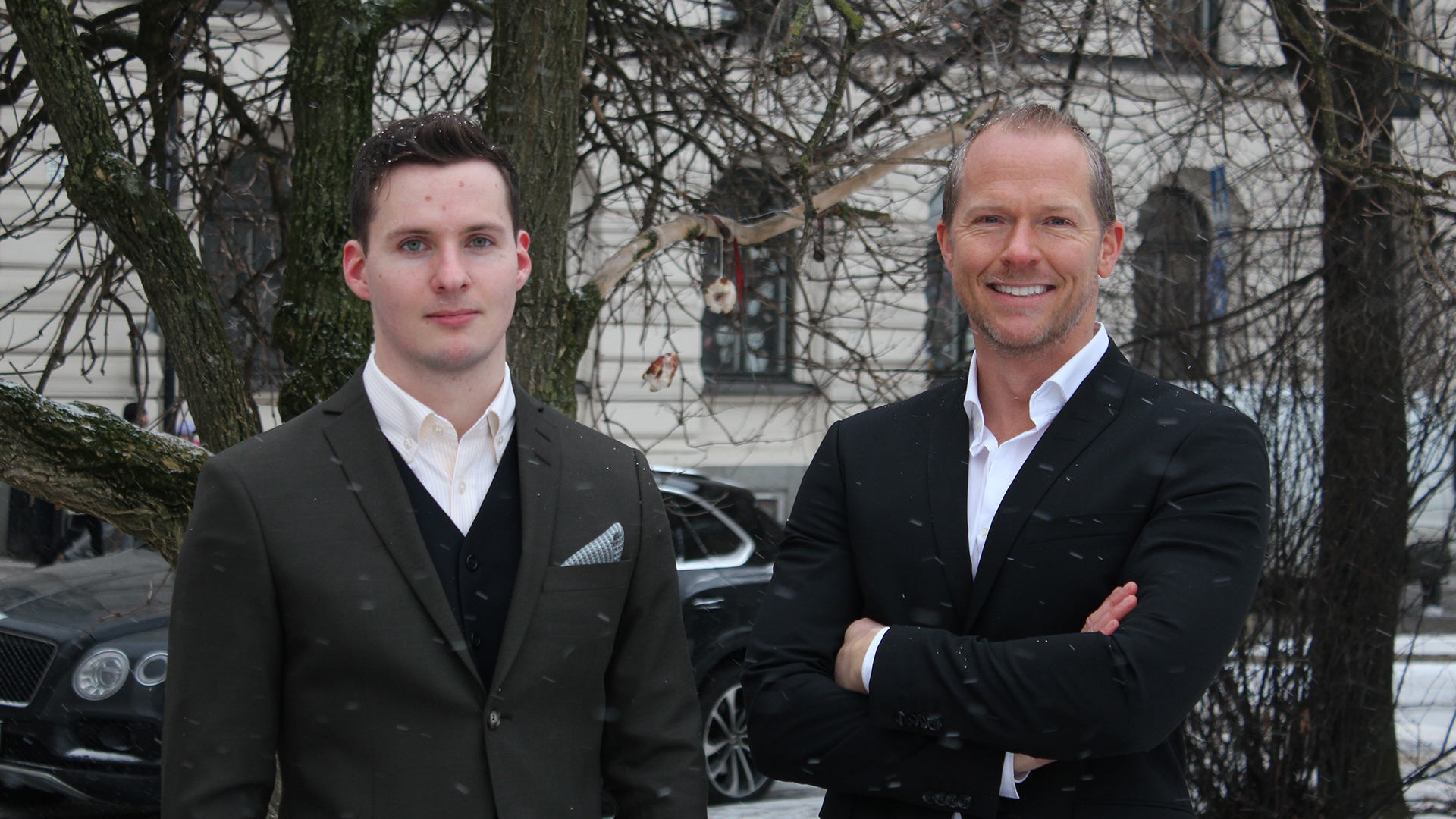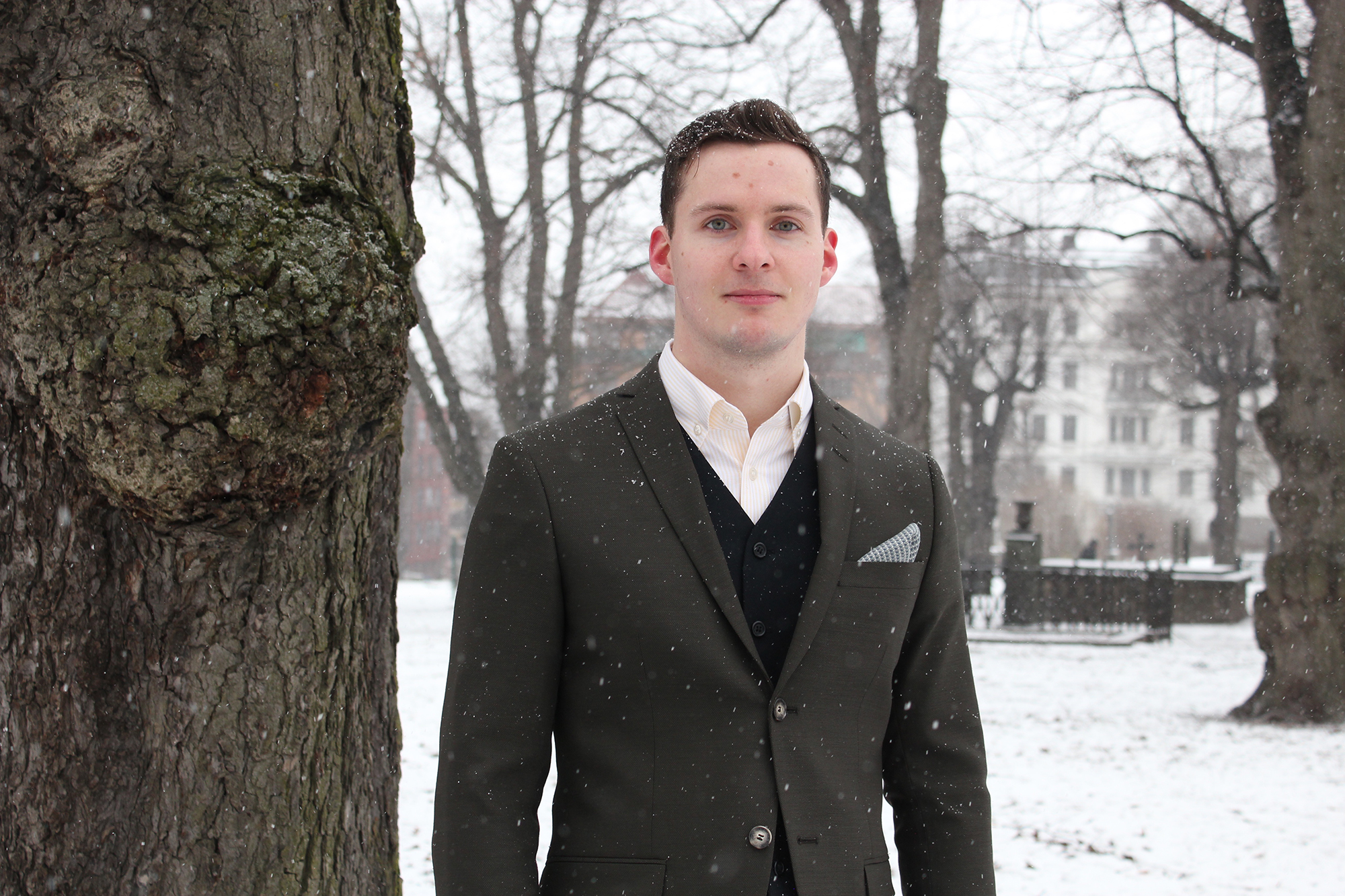
The podcast that gives you the business and career skills you need to future-proof yourself.
Hosted by Mikael Syding, the European Hedge Fund Manager of the Decade (2000-2009) and Ludvig Sunstrom, author of Breaking out of Homeostasis.
We have 3 types of episodes:
1) Short episode: Focus on one big idea or tip.
2) Long episode: In-depth discussions with scientists, business men and experts.
3) Medium length episode: Experts share their best ideas and how they use them to build critical skills, build companies, create teams, make money, understand themselves better and form meaningful relationships.
“As a journalist for 30+ years, I thought Ludvig and Mikael did a good job preparing for the interview. They do their homework and know how to connect and combine ideas from different fields in a way that you can understand and use. I enjoyed our discussion.”
~Walter Kiechel, Author, Former Managing Editor of Fortune Magazine and Editorial Director of Harvard Business Publishing.
About Future Skills

The Future Skills Podcast was created by Mikael Syding, the European Hedge Fund Manager of the Decade (2000-2009) (pictured right) and Ludvig Sunstrom, author of Breaking out of Homeostasis (pictured left).
It was originally a weekly Swedish podcast named 25 Minutes where Mikael and Ludvig had in-depth discussions with everyone from finance billionaires like Martin Sandquist to top fitness experts like Martin Berkhan who popularised Intermittent Fasting.
In just 2 years the podcast became one of the most popular business podcasts in Sweden with 100,000 monthly listeners and over 3,000,000 downloads. (You can find our top episodes in Sweden on the podcast page).
After reaching its potential on the Swedish podcast market, Mikael and Ludvig decided that it’s time to replicate the success internationally… and that’s how the Future Skills Podcast was born.
The goal of the Future Skills Podcast is to provide you with the business and career skills you need to future-proof yourself.
The idea is that you can listen to 2-4 of these episodes on the way to work, while preparing your meals, at the gym or when you’re going for a walk… and learn new, actionable ideas and tips for your business or career every week.
The first 3 episodes of the Future Skills Podcast aired on Monday 19 March 2018 and you can listen to them all on iTunes.
Also, if you want to request to become a guest, be sure to reach out to us through our contact form.
Below, you can find some quick facts about the team which consists of Mikael and Ludvig who do the podcast and Oskar Faarkrog who does all the back-end work.
Introducing The Future Skills Team
Mikael Syding

ABOUT:
- Former Manager of Futuris, the European Hedge Fund of the Decade (2000-2009).
- Outperformed the financial market with 600% over 10 years.
Read his personal blog MikaelSyding.com
Follow on Twitter, Instagram, Facebook, YouTube
Ludvig Sunstrom

ABOUT:
- Author of the popular self-development blog StartGainingMomentum.com and the book Breaking out of Homeostasis
- His articles have been read by over 2 million people.
Read his personal blog LudvigSunstrom.com
Follow on Twitter, Instagram, Facebook, YouTube
Oskar Faarkrog

ABOUT:
- Founder of the fitness site SKINNY-FAT TRANSFORMATION which has over 100,000 monthly readers.
- His fitness articles have been read by over 3.5 million people.
Subscribe to his email newsletter.

